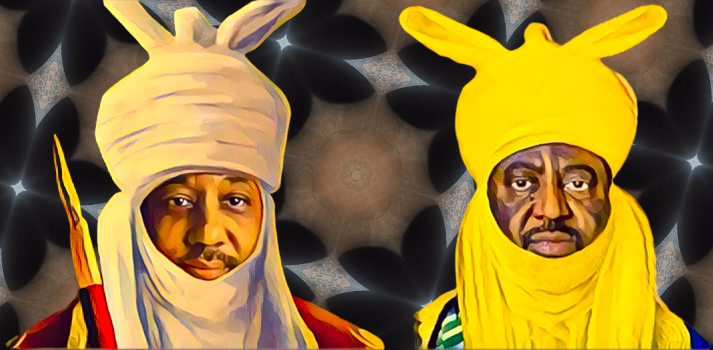The Kano Emirate crisis has deepened as confusion reigns following conflicting orders issued by two separate courts. The legal turmoil adds another layer of complexity to the ongoing dispute surrounding the Kano Emirate and its leadership.
The controversy stems from a longstanding power struggle within the Kano Emirate, one of Nigeria’s oldest and most influential traditional institutions. In recent years, the emirate has been embroiled in disputes over succession, authority, and the division of its territories.
The latest development occurred when two courts, operating under different jurisdictions, issued conflicting orders regarding the status of the Kano Emirate and its leadership. One court ruled in favor of maintaining the traditional structure of the emirate, while the other endorsed a reorganization proposed by the state government.
The conflicting orders have plunged the emirate into a state of uncertainty, with stakeholders and the public left in a state of confusion. The lack of clarity regarding the legal status of the emirate and its leadership has fueled tensions and raised concerns about potential unrest.
The Kano Emirate crisis has wider implications beyond the traditional institution itself. It underscores broader issues related to governance, decentralization, and the balance of power between traditional and state authorities in Nigeria. The resolution of the crisis will have significant implications for the political landscape of Kano State and the country as a whole.
Amidst the legal and political turmoil, calls for dialogue and reconciliation have intensified. Stakeholders from various sectors, including traditional leaders, religious figures, and civil society organizations, have urged all parties to prioritize peace and stability in resolving the crisis.
The conflicting court orders have prompted calls for judicial clarity and adherence to due process. Legal experts have emphasized the need for a thorough review of the case by higher courts to reconcile the conflicting rulings and provide a definitive resolution to the dispute.
Meanwhile, the Kano State government has reaffirmed its commitment to upholding the rule of law and respecting the independence of the judiciary. The government has stated its willingness to abide by any lawful decision rendered by the courts and called for calm among the populace.
As the legal proceedings unfold, all eyes are on the judiciary to provide clarity and impartiality in resolving the Kano Emirate crisis. The outcome of this legal saga will not only shape the future of the emirate but also have broader implications for governance and traditional institutions across Nigeria.
In conclusion, the conflicting court orders in the Kano Emirate crisis have heightened tensions and deepened uncertainty. The resolution of the dispute will require careful deliberation, adherence to due process, and a commitment to dialogue and reconciliation. As stakeholders navigate this challenging period, the importance of upholding the rule of law and preserving peace cannot be overstated.
Source: Tribune


